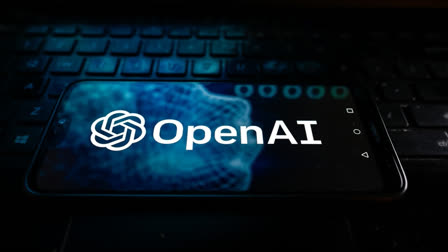Hyderabad:OpenAI concluded its remarkable DevDay 2023, an event that showcased groundbreaking advancements in the world of artificial intelligence. Held at the SVN West facility in San Francisco, this conference was marked by a series of exciting announcements and demonstrations with over 900 software developers in attendance.
The company have had a very unusual path. Founded as a nonprofit research institute in 2015, it catapulted to worldwide fame just under a year ago with the release of a chatbot that’s sparked excitement, fear and a push for international safeguards to guide AI’s rapid advancement.
While announcing all the latest developments, CEO Sam Altman said ChatGPT has more than 100 million weekly active users and 2 million developers, spread “entirely by word of mouth.”
Altman described a future wherein AI agents could help people with various tasks at work or home. “We know that people want AI that is smarter, more personal, more customisable, can do more on your behalf,” he said. “Eventually, you’ll just ask the computer for what you need and it’ll do all of these tasks for you.”
Here are all the details from the event you need to know-
GPT-4 Turbo- OpenAI unveiled a new version called GPT-4 Turbo that is “more capable” and can retrieve information about world and cultural events as recent as April 2023 — unlike previous versions which couldn’t answer questions about anything that happened after 2021. The latest version features a 128,000-token context window, surpassing its predecessor, Claude 2. This advanced model can even accept images as part of prompts and generate human-quality speech as output.
Custom GPTs- Altman also announced a new line of products called GPTs — emphasis on the plural — that will enable users to make their own customised versions of ChatGPT for specific tasks. According to the CEO, it is the outcome of OpenAI's commitment to making custom GPTs accessible to all, even those without coding expertise. This development signifies a significant step towards democratising AI technology.
Assistants API- OpenAI introduced the Assistants API, a game-changer for developers. It enables the creation of 'agent-like experiences' within applications, utilising generative AI models for various tasks such as data analysis and coding. It is backed by Code Interpreter, OpenAI’s in-house tool for writing and running code.
Fine-tuning for GPT-4- Customisation options have expanded to a 16K version, allowing researchers to collaborate with companies to create tailored models for specific needs.
